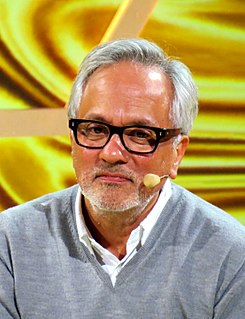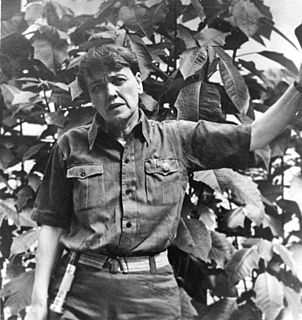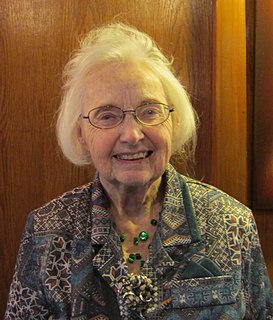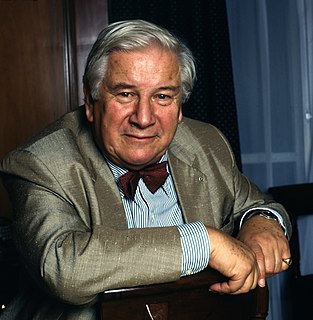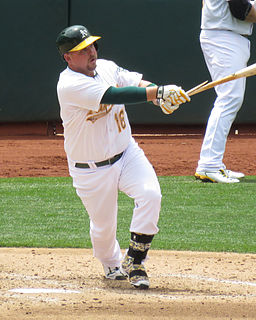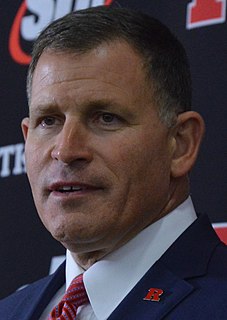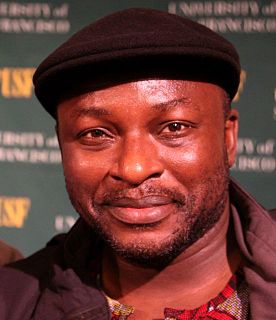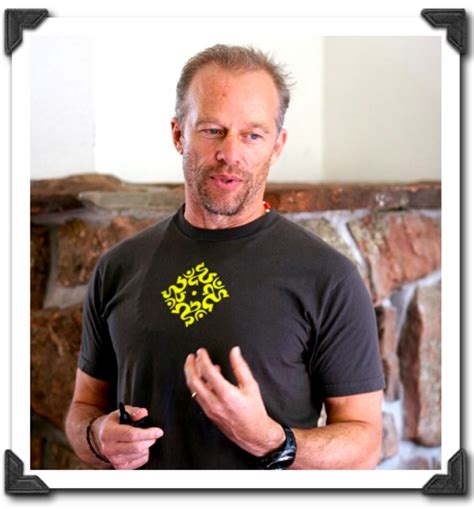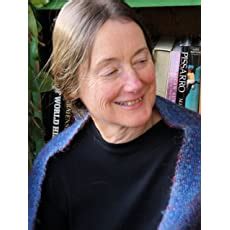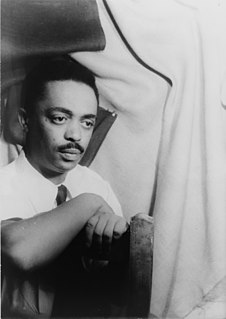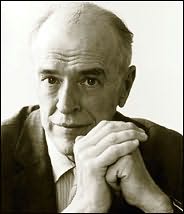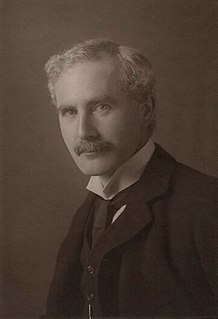Top 1200 Ultimate Questions Quotes & Sayings - Page 9
Explore popular Ultimate Questions quotes.
Last updated on December 25, 2024.
If sculpture can really deal with the body, because we all inhabit ourselves, and if sculpture can really do that, which it is supposed to be able to do, and through it ask questions, philosophical questions, about being, I think these are all things we work on, all of us in our different ways, so perhaps somewhere in there, there are moments where dumb objects can speak.
Philosophical questions are not by their nature insoluble. They are, indeed, radically different from scientific questions, because they concern the implications and other interrelations of ideas, not the order of physical events; their answers are interpretations instead of factual reports, and their function is to increase not our knowledge of nature, but our understanding of what we know.
The pornography of violence of course far exceeds, in volume and general acceptance, sexual pornography, in this Puritan land of ours. Exploiting the apocalypse, selling the holocaust, is a pornography. For the ultimate selling job on ultimate violence one must read those works of fiction issued by our government as manuals of civil defense, in which you learn that there's nothing to be afraid of if you've stockpiled lots of dried fruit.
At teenage parties he was always wandering into the garden, sitting on a bench in the dark . . . staring up at the constellations and pondering all those big questions about the existence of God and the nature of evil and the mystery of death, questions which seemed more important than anything else in the would until a few years passed and some real questions had been dumped into your lap, like how to earn a living, and why people fell in and out of love, and how long you could carry on smoking and then give up without getting lung cancer.
It is easy now for critics to claim that the work was poor; they haven't produced their own analyses or confronted any of the hard questions. For example, would they say that no technique beyond shouted questions could be used to interrogate a high-level terrorist leader, such as Osama bin Laden, who knows of planned attacks on the United States?
The one function that most gods seem to have in common is to give human existence some ultimate purpose - and, while it is not possible to disprove an ultimate purpose, there does not seem to be any evidence for it. This is not to say, of course, that there is no purpose in life at all: we all make our own purposes as we go through life. And life does not lose its value simply because it it not going to last forever.
Every night I get many letters, and after every talk I get many questions from people who say, "I want to change things. What can I do?" I never hear these questions from peasants in southern Colombia or Kurds in southeastern Turkey under miserable repression or anybody who is suffering. They don't ask what they can do; they tell you what they're doing.
I won't call my work entertainment. It's exploring. It's asking questions of people, constantly. 'How much do you feel? How much do you know? Are you aware of this? Can you cope with this?' A good movie will ask you questions you don't already know the answers to. Why would I want to make a film about something I already understand?
I spent the better part of a week trying to figure out how to organize these stacks of 30 years of conversations and dialogues. I finally began clustering them in these different categories, and I ended up with the ones you listed.It's interesting to me the kinds of questions I haven't been called to wrestle with. For example, I don't know what this says, but I'm not asked a lot of political questions.
If you complain of people being shot down in the streets, of the absence of communication or social responsibility, of the rise of everyday violence which people have become accustomed to, and the dehumanization of feelings, then the ultimate development on an organized social level is the concentration camp... The concentration camp is the final expression of human separateness and its ultimate consequence. It is organized abandonment.
Active questions are the alternative to passive questions. There is a huge difference between, 'Do you have clear goals?' and 'Did you do your best to set clear goals for yourself?' The former is trying to determine the employee's state of mind; the latter challenges the employee to describe or defend a course of action.
The "brightness" of the 15 percent might or might not indicate a profound feeling for the causes of things; it is largely verbal and symbol-manipulating, and is almost certainly partly an obsessional device not to know and touch risky matter, just as Freud long ago pointed out that the nagging questions of small children are a substitute for asking the forbidden questions.
In the way our Fathers originally left the slavery question, the institution was in the course of ultimate extinction, and the public mind rested in the belief that it was in the course of ultimate extinction . . . . All I have asked or desired anywhere, is that it should be placed back again upon the basis that the Fathers of our government originally placed it upon.
A government is a compulsory territorial monopolist of ultimate decision-making (jurisdiction) and, implied in this, a compulsory territorial monopolist of taxation. That is, a government is the ultimate arbiter, for the inhabitants of a given territory, regarding what is just and what is not, and it can determine unilaterally, i.e., without requiring the consent of those seeking justice or arbitration, the price that justice-seekers must pay to the government for providing this service.
Microsoft first entered the living room with Ultimate TV way back in 2000 - a year before Apple's first iPod was announced. Ultimate TV offered consumers a DVR and supporting online services, including 14 days of programming and the ability to record 35 hours of programming. Microsoft's reach was then thwarted when Echostar acquired DIRECTV.
I remember coming on my first set and it being a playground of things I wanted to ask questions about: cameras and lenses and what the lenses do, what's the focus puller doing and how does that work? Why is there less margin for error when there's less light? I was always asking questions and watching directors closely.
Yoga's ultimate intent is to achieve something far deeper and more meaningful than just a better body or less stress and tension. Its ultimate aim is to help you hear your soul's call so that you can be consistently guided to make the best decisions - the ones that serve your highest state of wellbeing. In the process of doing so, you will necessarily be made more whole and act in such a way as to support the larger world of which you are a part.
In studies asking why young people left their family religion, their most frequent response was unanswered doubts and questions. The researchers were surprised: They expected to hear stories of broken relationships and wounded feelings. But the top reason given by young adults was that they did not get answers to their questions.
It's always interesting to me when one platform of media crosses into another. We've been on the Terry Gross show Fresh Air a couple of times, and I suddenly felt like we could actually represent ourselves as exactly who we are, in this sort of ultra-vivid way. But the weird thing to me is that the questions she asks are in some ways no different than the questions the guy from the high-school paper asks. She might even ask us where we got our name. But something about it, it's like the pH balance of the trajectory of the questions. Maybe it's just her voice.
But when we face the great questions about gravitation Does it require time? Is it polar to the 'outside of the universe' or to anything? Has it any reference to electricity? or does it stand on the very foundation of matter-mass or inertia? then we feel the need of tests, whether they be comets or nebulae or laboratory experiments or bold questions as to the truth of received opinions.
Philosophy is to be studied, not for the sake of any definite answers to its questions, since no definite answers can, as a rule, be known to be true, but rather for the sake of the questions themselves; because these questions enlarge our conception of what is possible, enrich our intellectual imagination and diminish the dogmatic assurance which closes the mind against speculation; but above all because, through the greatness of the universe which philosophy contemplates, the mind is also rendered great, and becomes capable of that union with the universe which constitutes its highest good.
I read all of the stories that people write about me. The ones that are really interesting are the ones where they actually write their take on me as opposed to just printing what I said, because they're asking similar questions so often, sometimes it just sounds like I'm answering the questions different intentionally.
Life, by which I mean my life, is a great, or probably the greatest, design, from its very beginning to its end, the end that, I think, is unlikely to exist. Each and every bit of life is a part of the design. Design exists as the consequence of the ultimate questioner's vanity. And my mission is to find the most fundamental truth, which probably and exclusively involves the nature of the existence of the ultimate questioner.
As does every young man studying philosophy, I naturally asked myself questions about the truth of all this, and about the meaning of freedom, predestination, and liberty of choice and so on. But to have asked questions of yourself about it, I think is not too important. Let's say - I remain - I remained a believer.
'12 Years A Slave' is a film that is beautifully shot, wonderfully acted, and told in a compelling manner. However, there are some questions, in my opinion, as to its importance. Paramount among those questions is, What does this scenario illustrate that we didn't know or haven't seen before? And why does such a film garner such popularity?
Before you give advice, that is to say advice which you have not been asked to give, it is well to put to yourself two questions - namely, what is your motive for giving it, and what is it likely to be worth? If these questions were always asked, and honestly answered, there would be less advice given.
I am disappointed that my 25 years in public life have apparently not earned me the benefit of the doubt, but I understand that Senator Mitchell's report has raised many serious questions. I plan to publicly answer all of those questions at the appropriate time in the appropriate way. I only ask that in the meantime people not rush to judgment.

